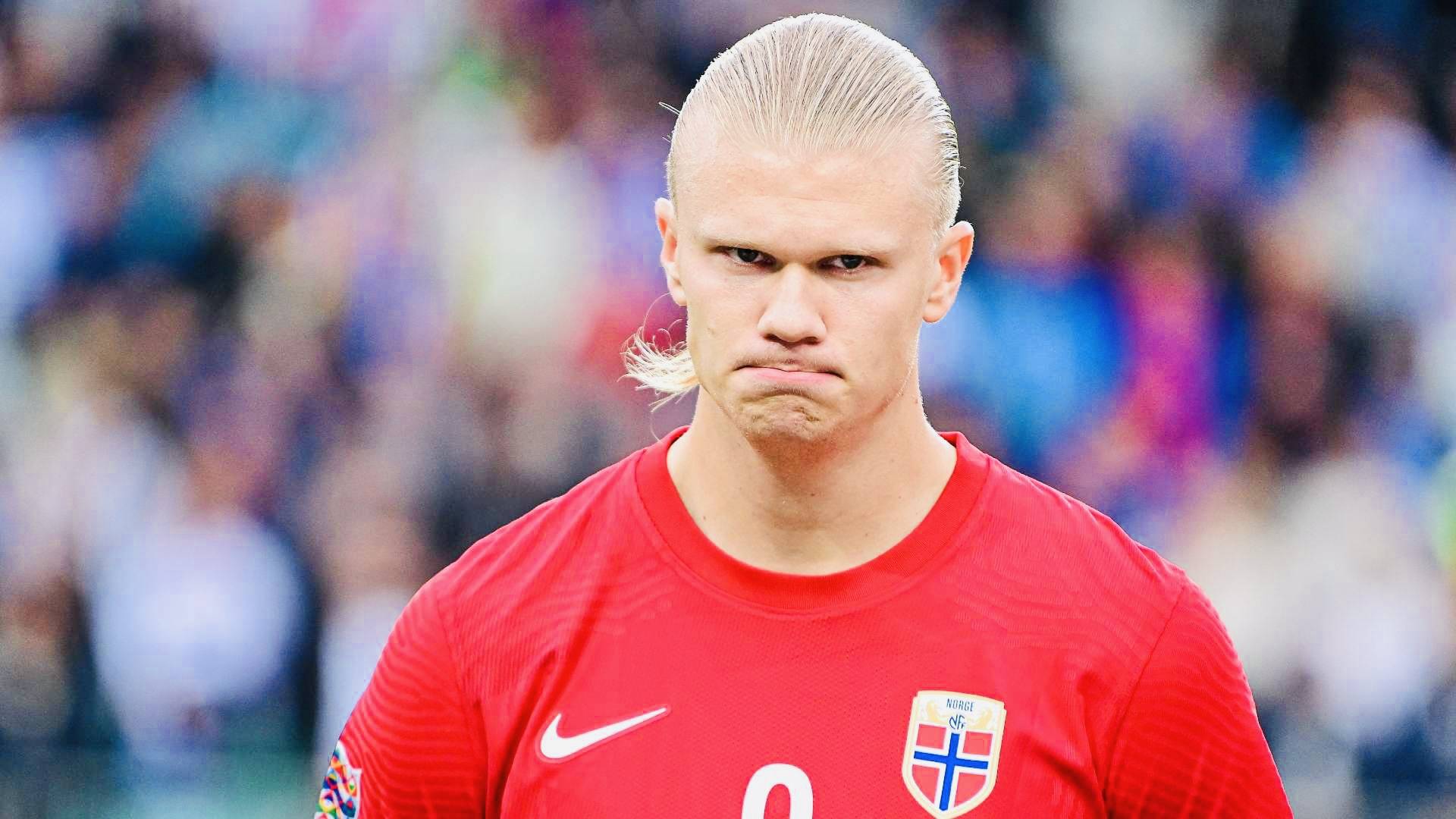In a post-match interaction, Erling Haaland, one of the most prolific footballers in the world, approached Arsenal manager Mikel Arteta with a striking message that was short but significant: "Stay humble, eh. Stay humble." These words, though simple on the surface, carried layers of meaning and emotion, given the high-stakes nature of modern football.
Football, at its core, is a sport driven by passion, competition, and a desire to outperform. Both Haaland, as a star striker for Manchester City, and Arteta, leading the charge for Arsenal, were no strangers to this intensity. When players and coaches meet on the pitch after a game, the energy is still high, the competitive spirit palpable. It’s in these moments that emotions often spill over, revealing how individuals truly feel about the game, their opponents, and the overall atmosphere.
For Haaland, a player known for his drive to dominate and excel on the field, this moment with Arteta was more than just an exchange of words. His comment, urging Arteta to "stay humble," might have been rooted in a number of factors. It could reflect a competitive rivalry between the two teams, especially as Arsenal had risen to become a more formidable opponent in recent times. Arsenal’s successes under Arteta’s leadership have been impressive, bringing the club back into the top-tier conversation after years of struggling to regain dominance in English football.
In football, staying humble is often seen as a key virtue, especially when a team or a player starts achieving great things. Haaland, despite his own incredible achievements, appears to emphasize the importance of humility. This value may stem from his personal ethos or from the broader culture within Manchester City, where discipline and focus on long-term success over short-term wins is key. His words to Arteta may have been a reminder not to get too carried away with short-term victories or successes, encouraging a mindset of long-term growth, development, and focus.
However, this exchange also subtly reflects a personal rivalry. Haaland’s words could suggest that, in his view, Arsenal and Arteta might be getting too carried away with their rise or their performance, and that they need to maintain perspective. Arsenal had been seen as an underdog compared to Manchester City, but under Arteta’s guidance, they had begun to push into contention for titles. This growth, while commendable, could also spark a competitive tension between the clubs.
Haaland's comment, therefore, could be read not only as a personal piece of advice but as a reflection of the broader dynamics at play between these two clubs. For a player like Haaland, whose focus is on maintaining top-level performance, watching other teams begin to rival his own could elicit such a response. He may have been attempting to inject a sense of humility into Arteta's mindset, believing that while Arsenal’s resurgence is impressive, it is essential to remain grounded, especially in a sport where things can change rapidly.
Moreover, this comment may reflect Haaland's belief in the psychological aspect of football. By reminding Arteta to stay humble, Haaland may be subtly challenging him, planting a seed that Arsenal still has more to prove before they can be considered equals to the reigning champions. It’s a challenge both on the field and off it, in terms of mindset, strategy, and long-term success.
At its core, the interaction between Haaland and Arteta highlights the ever-present balance between confidence and humility in sports. Success brings attention and pressure, but maintaining humility is what allows teams and players to continue to improve and grow. Haaland’s words serve as a reminder of this, underscoring his own commitment to these values while subtly sending a message to a rising competitor.
In summary, Haaland’s brief yet impactful message to Arteta was a layered one. On the surface, it might have seemed like a simple piece of advice or a competitive jab, but beneath it was a deeper commentary on the nature of success, competition, and the importance of humility in the face of rising achievement.




No comments yet
Be the first to share your thoughts!